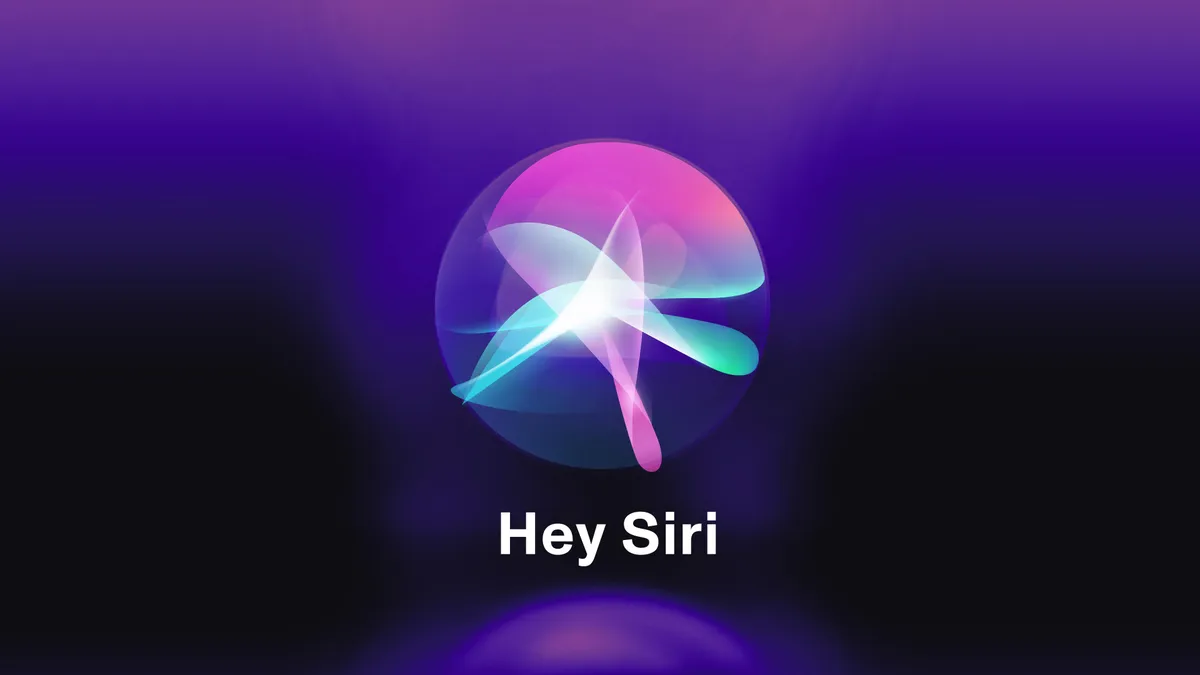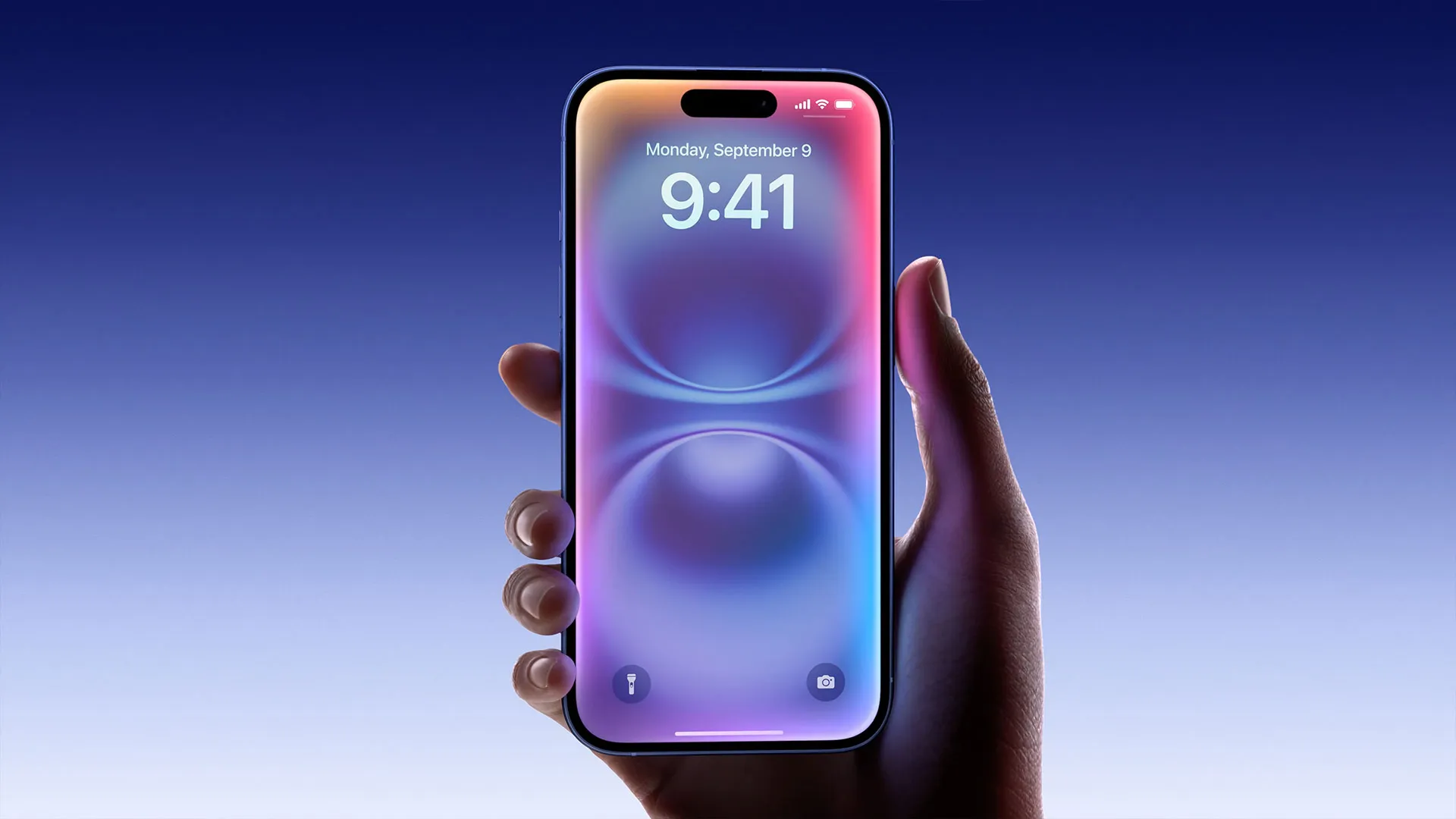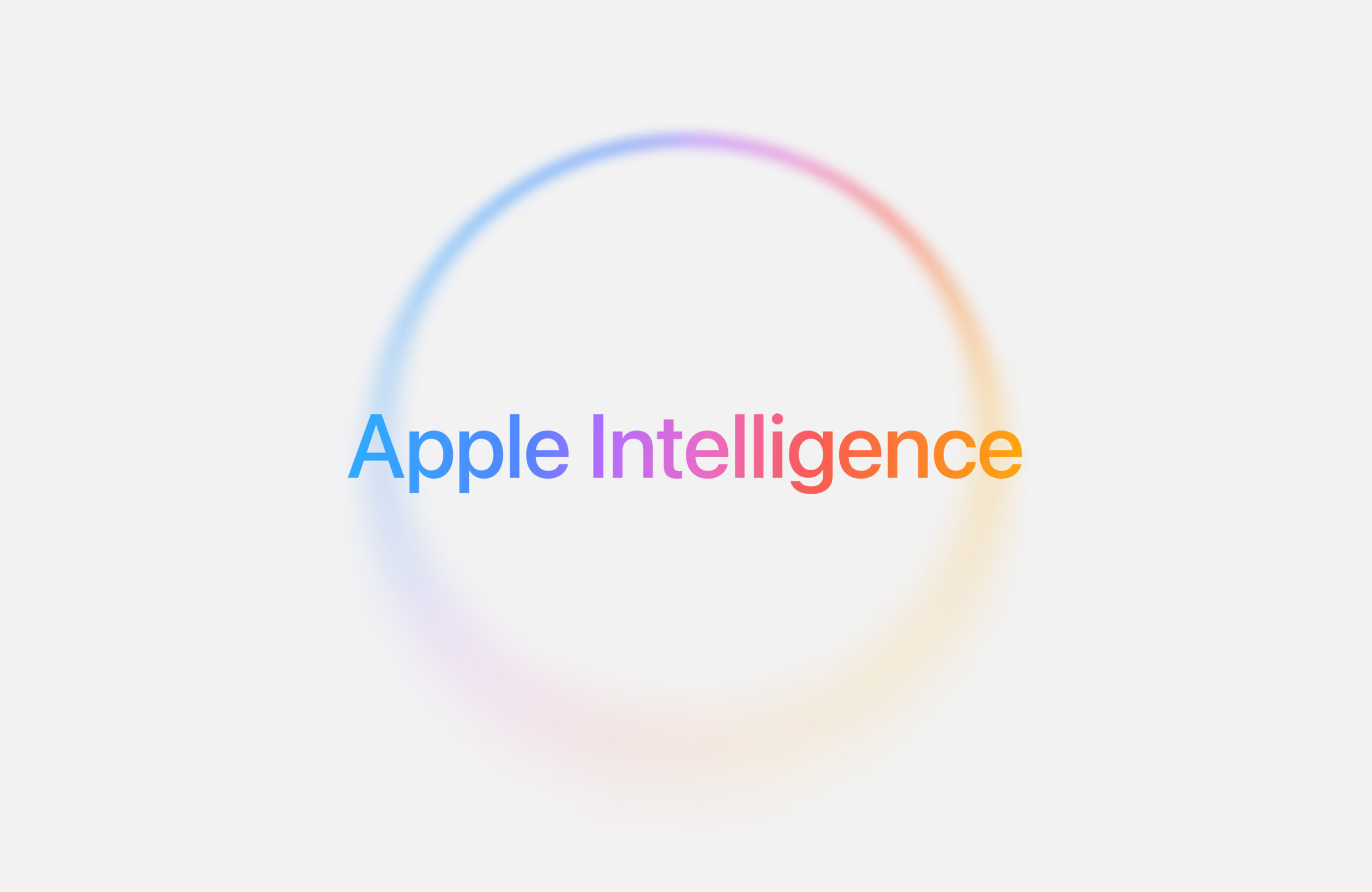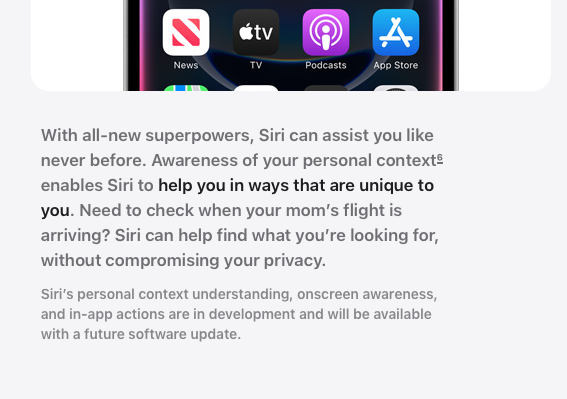Apple had an interesting plan for how developers could make apps for the Vision Pro. According to Bloomberg’s Mark Gurman, Apple once wanted to let developers use just their voice—and Siri—to create apps for the headset.
This idea came from Apple’s internal project called “Project Greyhound,” which was about finding new ways to build apps without needing a traditional computer or code editor. The goal was to make it easy and fun, especially using voice commands through Siri.
For example, a developer could just say something like, “Make a window that shows the latest weather,” and Siri would generate the code and design. Apple imagined this would make app development feel more creative and natural, more like “vibing” with the system than sitting down and typing lines of code.
However, this idea didn’t fully work out. The tools weren’t good enough to turn voice commands into real apps. Developers still needed traditional tools like Xcode to make Vision Pro apps.
Even though Apple dropped this approach for now, the company is still working on making app creation easier. AI could play a big role in this in the future. With recent updates to Siri and new AI plans, Apple might bring back some version of this idea down the road.




